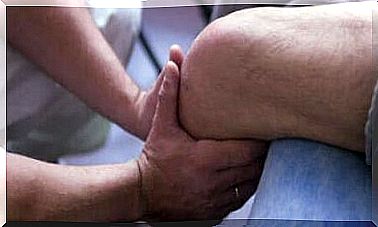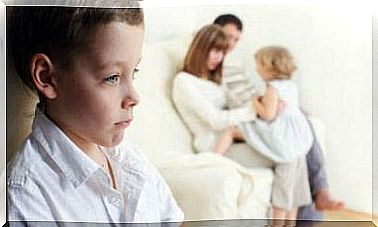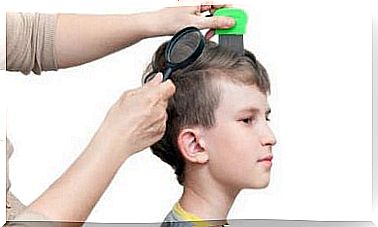Please Note: These Characteristics Indicate That Your Child Has Learning Disabilities
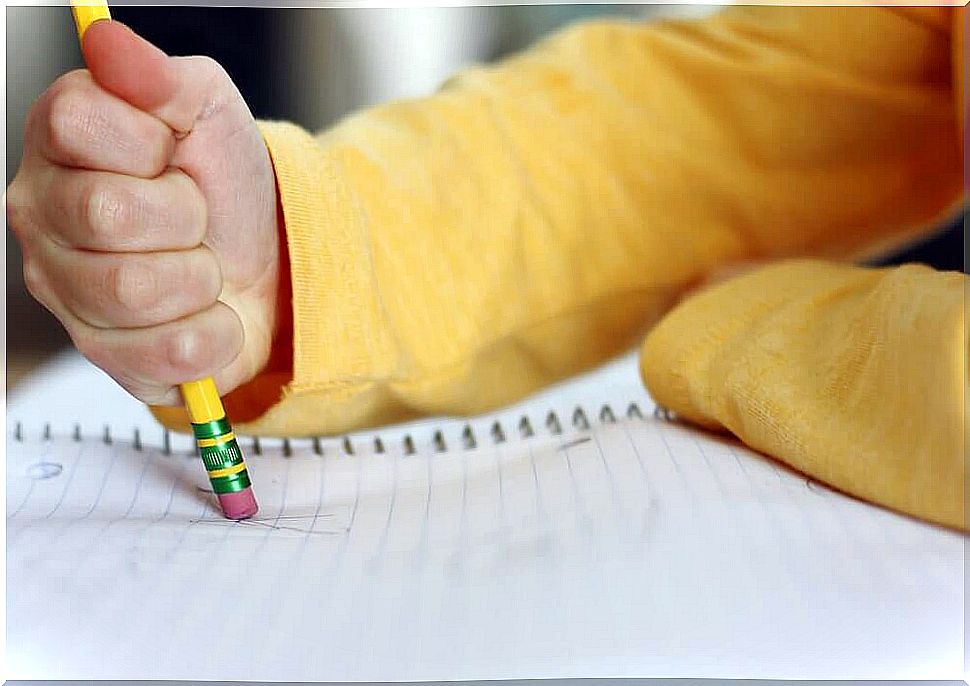
Angelica is 4 years old and is going to school for the first time in her life. In class, he does not talk or socialize with the other children, nor does he seem to follow the teachers’ orders. The school psychologist and the teacher suggest to Angelica’s parents that she may have learning problems.
Before long, Angelica’s parents have to meet three times with the school’s professionals. At home, Angelica is a talkative girl interested in learning what her mother and father show. However, this is not what happens at school.
The pressure affects Angelica’s parents, who take her to a consultation with a neuropediatrician. After an evaluation, the doctor concludes that there is nothing out of the ordinary. Simply, Angelica is different from her classmates, just as all children are different from each other.
A short time later, the “miracle” happens: Angelica begins to socialize, becomes interested in what the teacher teaches and talks animatedly with her and her classmates.
Each child has its own rhythm

The previous story was experienced by many parents, children, teachers and health professionals. Although it is common to say that “each child has their own rhythm”, there are many times that exaggerated anguish makes us see problems where none exists.
The beginning of school life brings all kinds of problems, but most of them are resolved at a certain point. Preschool is fun, children learn by playing and teachers are treated closely and personally.
As children grow, school subjects become more complicated, tasks increase and relationships with peers take on new and different nuances. The child becomes more aware of their abilities and limitations. Some do well, others less so.
When are learning problems detected?
Although most professionals say that the sooner a learning disorder is diagnosed, the better, what happens is that with young children, there is a risk of reaching an exaggerated diagnosis.
The specialist is the one who diagnoses a learning disorder when the child is between 7 and 8 years old.
Learning difficulties affect information processing. For example, the child takes time to learn reading and writing, and often has problems with math. She can understand what it is, but she can’t express it correctly.
This not only affects your academic performance, but also your ability to relate to others.
Early signs of learning problems

In children under the age of 5, the signs that they may have learning problems are what we will see below.
- Problems with motor coordination, such as writing, tearing, walking, cutting, buttoning, zipping or tying shoelaces.
- Difficulty following simple instructions, which for her seem too complicated and impossible to execute.
- Speech delay, pronunciation problems, difficulty learning new words.
- Difficulty reading, with numbers, alphabet, days of the week, colors, geometric figures.
- Problems concentrating or paying attention.
- Feeling of frustration or lack of motivation to do school activities or at other times in your family and social life.
Indicators of learning problems in older children
- They have difficulty sleeping or eating.
- They get upset and have no interest in school.
- They misbehave at school or are aggressive.
- They face problems identifying and expressing their feelings.
- They don’t want to talk about their studies and take too much time doing their homework.
Confirmed: has a learning disorder
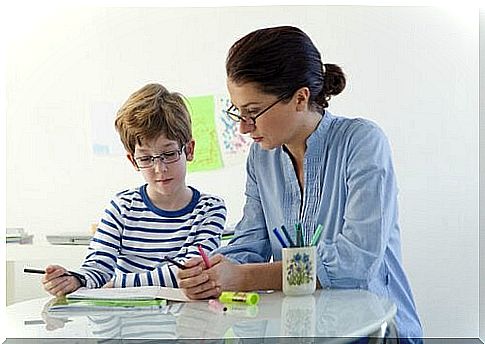
Children with learning disabilities have normal or above-normal intelligence, but have difficulty expressing what they know. Because they have trouble learning certain subjects, they often feel frustrated or irritated.
These emotions negatively impact your self-esteem. They can even get depressed, as they know very well what they want to achieve, say, write or do, but have difficulty achieving it.
In some cases, children with a learning disorder have disabilities such as dyslexia or dyscalculia, or both. This factor undoubtedly facilitates an accurate diagnosis. They may also have attention deficit problems, but that doesn’t mean they have attention deficit.
How can I help my child?
- Understand and accept that learning disabilities are lifelong.
- Teachers can help detect symptoms and create an environment that facilitates learning, but they cannot provide a diagnosis.
- A good diagnosis and timely intervention have a very positive impact on a child’s academic life.
- Those who apply the tests to detect learning disabilities are specialists: a psychologist, a child neuropsychologist, a specialized pediatrician or a psychiatrist.
- Children with learning disabilities learn. Focus on your skills and preferences. This will increase your child’s self-esteem.
- Punishment and repression do not work with these children, on the contrary, they can even aggravate the problem.
- When your child throws a tantrum or cries about his limitations, stay by his side. Tell him how much you love him and appreciate his effort, and that you know it’s not easy.
for moms and dads
Raising a child with learning disabilities is stressful. If you need support or therapy, look for it. The child will also benefit if Mom and Dad are okay.
Please never compare your child with learning disabilities to another child who does not, let alone a sibling. Your child will thank you.






